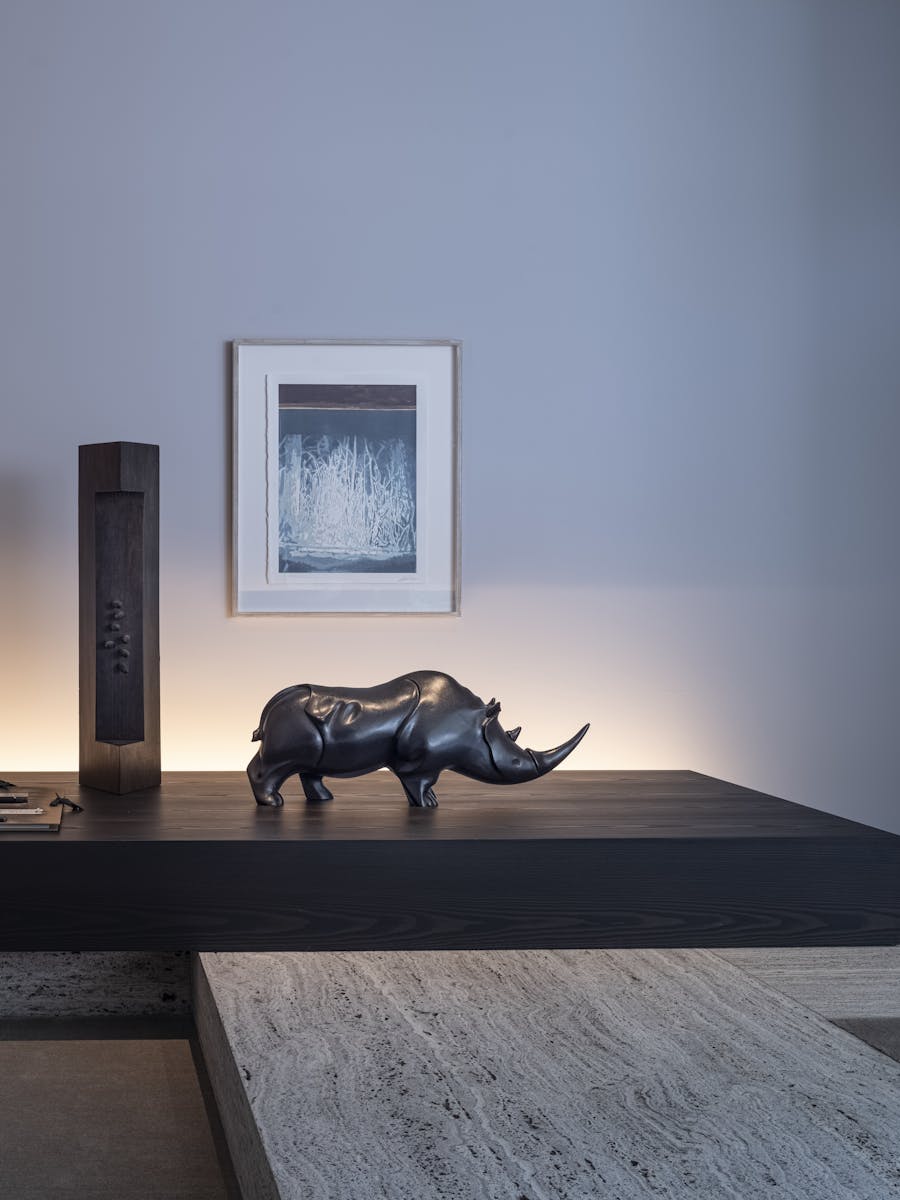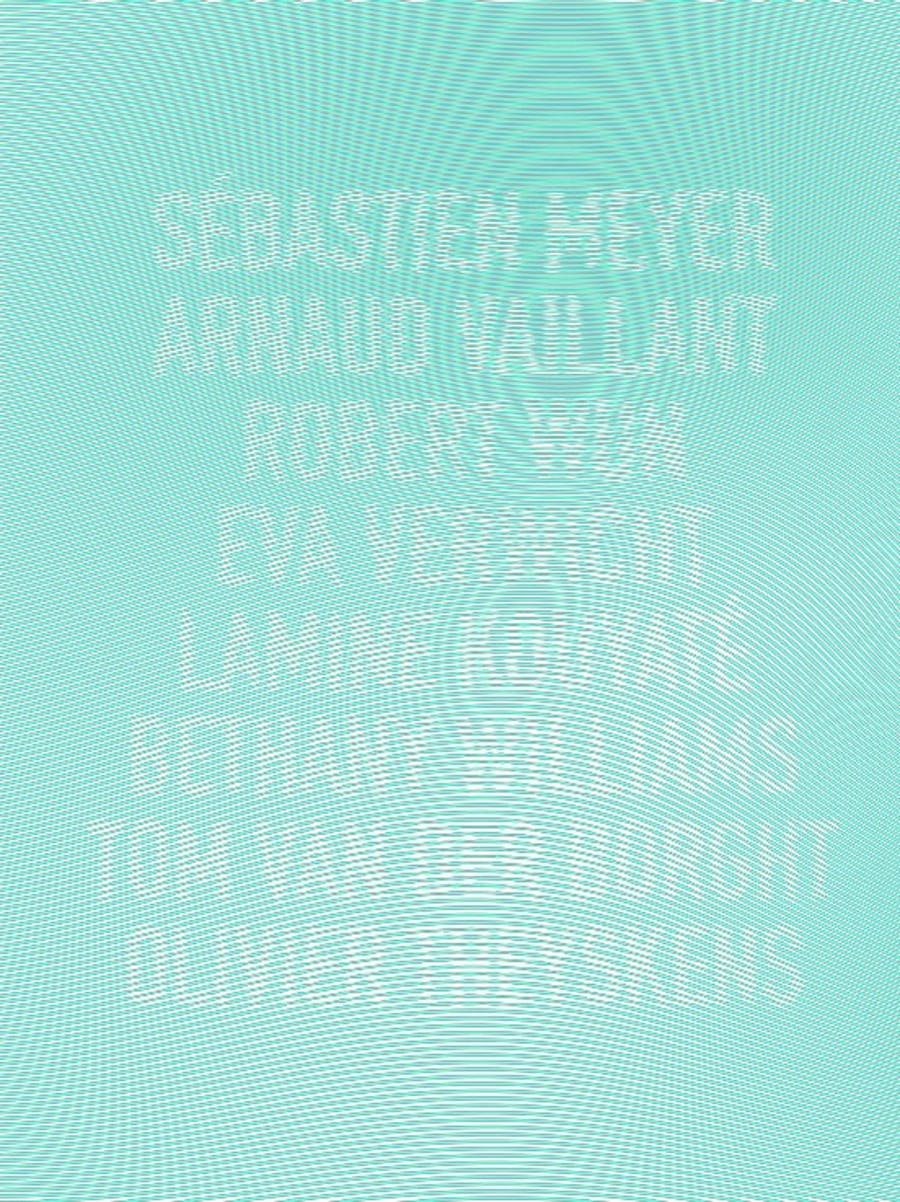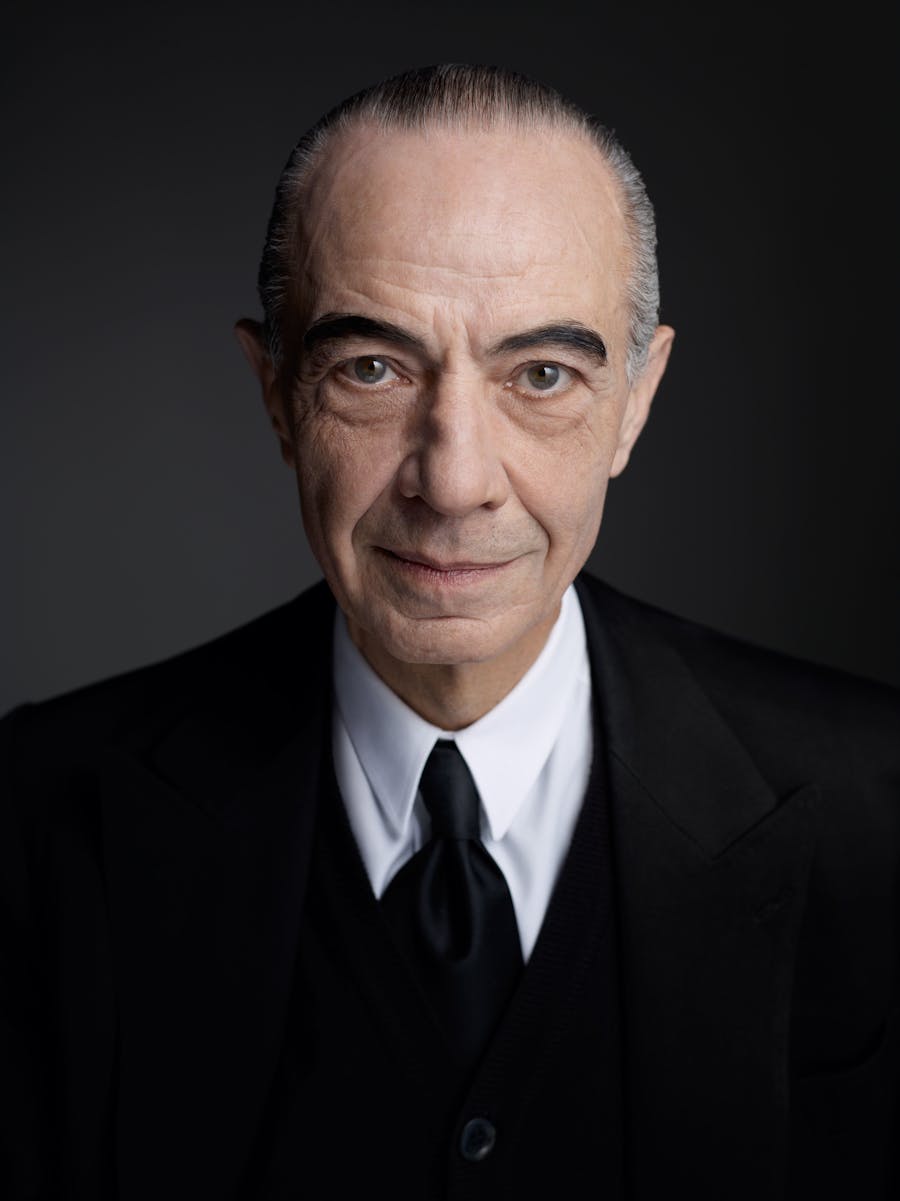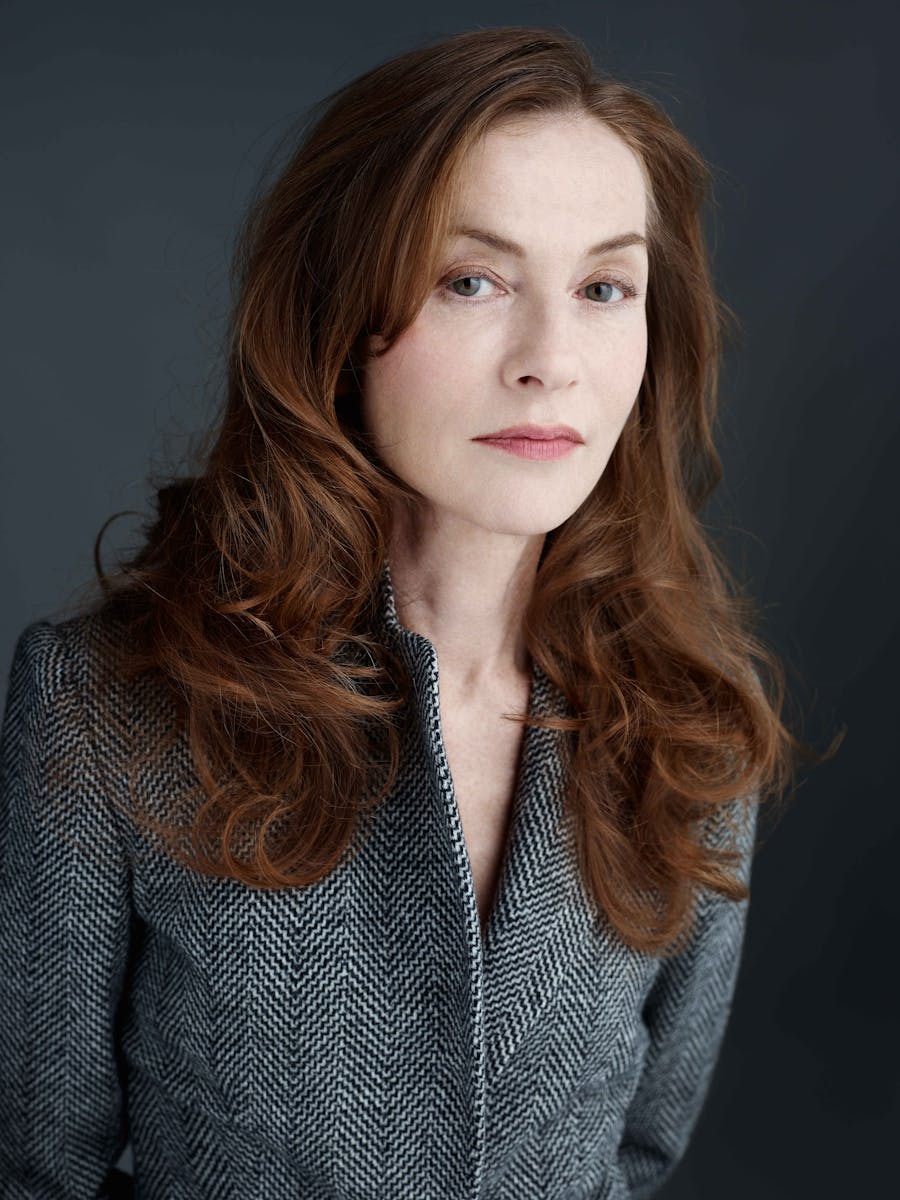“I don’t see myself as politically correct. I draw inspiration from wherever I can; I don’t want to erect cultural barriers”. In his mere five years of making theatre, the French director and actor Thomas Jolly, just 37 years of age, has been awarded a Molière prize and shaken up the world of theatre. His marathon 18-hour marathon staging of Henry VI, presented at the Festival of Avignon in 2014, galvanised audiences and critics, astounded by this inclusive, rock n roll vision of Shakespeare – the Bard for the Game of Thrones era. For Jolly, theatre is immortal as it is the “celebration of the living”. He is restoring, through a powerful sense of mise en scène, its necessity and its power of attraction, determined to ensure theatre’s survival in an age of screens.
Going on your dazzling career and your last play Thyestes (2018), in which the characters devour each other, in some cases literally – you seem to have an insatiable appetite for this art form…
⏤ I often tell actors that our personal lives are humdrum in comparison to those of characters…I feel the need to live on a large scale, expansively, voraciously, monstrously, - monstrare in Latin means “things that we see, that we show”. I need to be dazzled aurally, visually, and spiritually. What I have found in theatre is a heightened reality, in stories where so much is at stake, and where the characters tower over us.
You electrified the crowds at Avignon with your 18-hour long play, ten thousand lines, 150 characters…Your theatre certainly has its fans. What’s the magic formula?
⏤ I think that in my plays, the audience feel as if they’ve been invited. I make my audience into characters or witnesses of history. It’s Shakespeare who taught me how to do it: in the first stage direction of Henry VI, he refers to “all the people of London”. In my work, there’s a permanent commitment to living together. This is very important to me because it’s thanks to this that theatre remains present today. In 2500 years it could have disappeared with all the technologies that have developed: cinema, Internet. The reason it survived, is that it is a celebration of the living. Every curtain that goes up, every play that starts, reminds us that we are living in the same place at the same time. You know that saying, “they didn’t know that it was impossible, so they did it”? I had an inordinate desire to stage this work of Shakespeare and the first time we performed it all the way through I realised that this was no longer theatre as just an entertaining show, but that we were coming together to share a moment in life. We were there listening to this baroque poetry but we were also eating, meeting neighbours, sleeping, living. Over the course of centuries, the spectator has become rigid: little by little they were made to sit down, the lights were turned off, they were told to be quiet and not to move, but at the start they were standing in the open air, as in the Elizabethan theatre. Live theatre, as its name indicates, happens where we are all living. In 18 hours of performance, therefore, the audience is obliged to live, and that creates a connection.
At that point you really have a theatre community. How do you explain, in the era of Netflix and box sets, the fact that people are still leaving the house to see plays, and even more so, the fact that they are going to see long and demanding performances?
⏤ I also love curling up in front of Netflix but nothing replaces the contact with a living actor in the process of telling a story. The more we invent screens between all human beings – and I am not against that – the more we will need theatre. Theatre is a human need. Children spontaneously demand stories before bed, before their dreams. It would seem – and neuroscientists confirm it – that our brains needs storytelling and projection. What the Greeks called “phantasia”: the power to represent images in the mind thanks to words. Take the jubilation that followed the victory of the French team in the 2018 World Cup, or the fear that the terrorist attacks inspired: human beings need to be brought together to celebrate or to help one another. The need for stories and the need to be with other people are both met by theatre.
Concerning the form of your theatre, you often bring together different art forms and cultural references in plays which are extravagant both in their use of effects, and sometimes in length…
⏤ I come back to the two words that define our art : “spectacle vivant”, a live spectacle. One cannot forget the spectacular dimension of theatre. We have misconceptions about Roman theatre for example, which, unlike what we imagine, was characterised by extravagance: there are texts which describe actual special effects like water dyed with saffron to make tears of blood and cranes which transported the actors onto the stage. Elizabethan theatres also insisted on spectacle: red ribbons coming out of costumes symbolised blood after a stabbing. I think there’s refusal of the spectacular today in our discipline so I am interested in re-theatricalising theatre.
Your works speaks to young people in particular. Do you try to adjust to contemporary trends and make theatre more accessible in your permanent attempts to democratise it?
⏤ That’s exactly what’s happening, but not even intentionally on my part. It’s owing to the fact that my generation grew up with a tool that completely changed everyone’s behaviour: the Internet. The accessibility of cultural objects, whatever they may be, leads to their de-hierarchisation. On my computer screen I can have open, simultaneously, a Beyoncé video and an article on Deleuze whilst I am reading Maeterlinck. I don’t have a complex, but my directorial ideas are always motivated. If I’m talking about science fiction and draw inspiration from it for Thyestes it’s not to respond to a trend; rather it’s because the translator, Florence DuPont, who is a specialist of Roman theatre in France, explained to me that Hollywood science fiction is the closest thing to Roman theatre that we have today. I also use a lot of automatic light projectors, which are more commonly used in pop and rock shows. They are visual, material tools which you can use for things other than just nightclubs. I also get ideas from big concerts, like those of Lady Gaga or Christine and the Queens. They’re also useful for me in terms of achieving a popular kind of communion.
Most of your plays - Henry VI, Richard III, The Raft of the Medusa, or Thyestes – consider the question of violence in society or the evil lurking in every human heart. You’re convinced that theatre can change the world. Would you say that you have a mission – that you have a vocation?
⏤ Without sounding too much like Joan of Arc: yes
I think I have a mission, a public service mission. It was a woman, Jeanne Laurent, who had the idea, in the context of cultural decentralisation, of creating theatre companies all around France so that everyone would have access to it. It was one of the building blocks of national reconciliation and consolation after the war. I believe wholeheartedly in that movement and I think it’s a wonderful tool in our current period, as theatre is opening up the question of how we can be discerning citizens. We are overloaded with videos, with 24-hour news channels, and in this sprawling information marketplace, theatre gives us tools to structure and construct our thoughts. The mission I have given myself is to put thought back into circulation, as I feel like every static thought produces violence: wars, terrorist attacks, homophobia, racism...
Why, in your view, in the 21st century, can theatre, this ancestral art, help us to understand contemporary society?
⏤ For example, on stage, the monsters are identified and identifiable: they have villainous faces or deformed bodies. The asides or the relationship with the audience in general allow us to work out, fairly quickly, who the monster is. In real life however, the monsters are harder to spot, unfortunately, because monstrosity is an integral part of humanity. If I put Richard III on in 2015 it wasn’t simply to tell the story of an evil duke who wanted to seize the crown. What interests me is how Shakespeare shows us a despicable political process, namely using public anxiety, stoking it, and turning it into a stepping stone to power. Today this strategy has been adopted by a number of politicians. I’m not denouncing anything – I don’t like didactic theatre – and I don’t know myself how the world works, but poets, they give us insight and ideas. Even in the 1st century, Seneca gave us the example of a man - Thyestes - who, through selfishness and suffering, would plunge all of humanity into darkness. It’s symbolic, but it happened not so long ago. My mission, as a director, is to be a ferryman.
Translated into English by Sara & Emma Bielecki.



